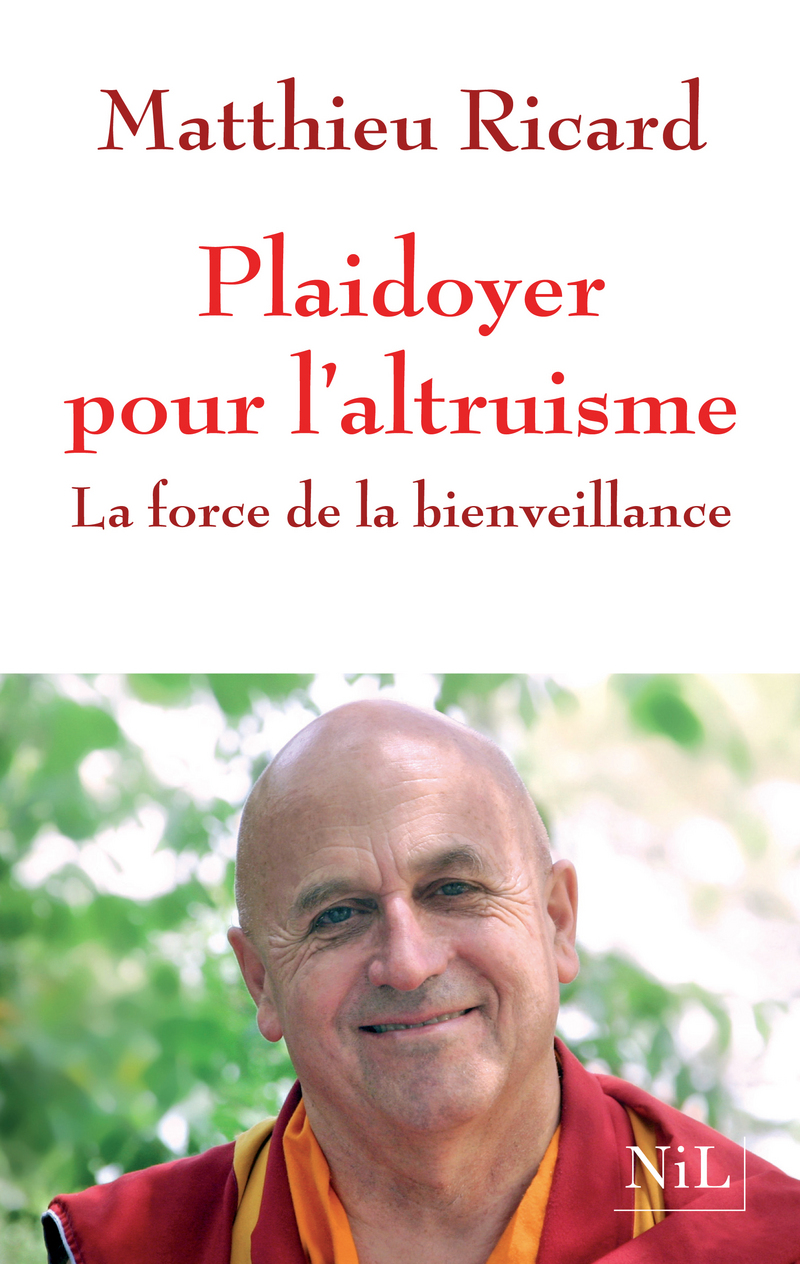It is nevertheless what said the budhist monk, taking examples of a larger place for altruism nowadays than formerly. According to the author, there are at least three dimensions of our collective existence where altruism and goodwill are more visible. The violence, inside households or between states, is in regular recoil : the number of homicides decreases as well as the number of victims of wars. And, even if the medias grant a larger interest to bad news than good news, the recent climatic catastrophies in Japan or Philipines were the theatre of numerous acts of generosity which were not reported. The progress of democracy, gender equality and education give, according to the philsopher, hope for a pacific and altruist society.
 The new technologies are one of the fields where altruism appears. The social networks, even if they are "a window for narcisism", help to go over state authorities especially when those are dictatorships. The economic crisis itself made appear some initiatives rather reassuring. For Mr Ricard, "the maximisation of personal interests" is not the only law which rules economy : ethical funds, crow-fundings and fair trade are the most visible aspects of a "positive economy" motivated by something else than personal interest. The author also pointed out that linguistic globalisation had not only bad virtues given that in France the "care economy", so qualified in French and by French, is trendy.
The new technologies are one of the fields where altruism appears. The social networks, even if they are "a window for narcisism", help to go over state authorities especially when those are dictatorships. The economic crisis itself made appear some initiatives rather reassuring. For Mr Ricard, "the maximisation of personal interests" is not the only law which rules economy : ethical funds, crow-fundings and fair trade are the most visible aspects of a "positive economy" motivated by something else than personal interest. The author also pointed out that linguistic globalisation had not only bad virtues given that in France the "care economy", so qualified in French and by French, is trendy.That interest for altruism and its possible consequences may predict that the message delivered by some of the candidates about "another way of doing politics" may meet a favourable echo in Angers.





No comments:
Post a Comment